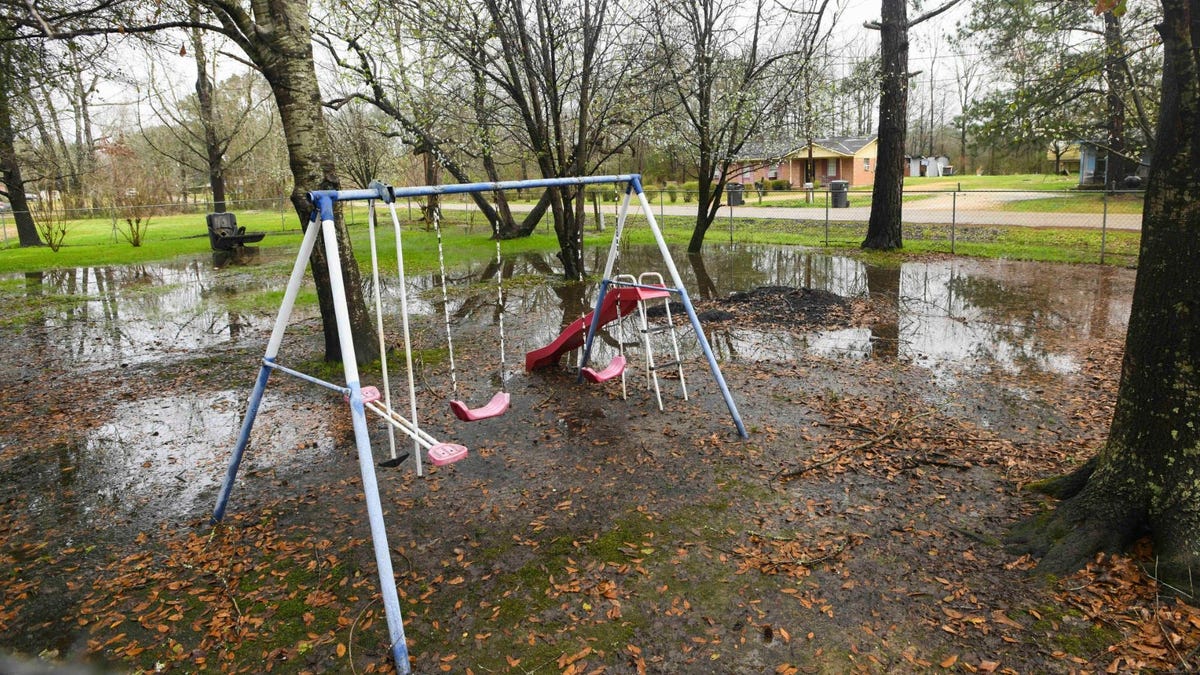
Officials in Alabama “engaged in a consistent pattern of inaction and/or neglect” when handling a rural Black community’s issues with their sewage, a Biden administration investigation into a long-standing environmental injustice found.
In an agreement with state and county agencies announced on Thursday, the Departments of Justice and Health and Human Services found that Lowndes County and Alabama health officials acted in a discriminatory way toward Black populations, using fines to punish poor residents for inadequate sewage that they could not fix and not taking action to fix the health risks associated with the problem.
Advertisement
The investigation was the first environmental investigation under Title VI of the Civil Rights Act, which prohibits discrimination based on race. Notably, the investigation did not find that the state violated the Civil Rights Act but rather flagged “areas of concern.”
“For generations, Black, rural residents of Lowndes County have lacked access to basic sanitation services, and as a result, these residents have been exposed to raw sewage in their neighborhoods, their yards, their playgrounds, their schools and even inside their own homes,” Assistant Attorney General Kristen Clarke of the Justice Department’s Civil Rights Division told reporters.
Advertisement
The Justice Department began this investigation in 2021, but Lowndes County residents had been raising the alarm about their living conditions for years before that. The county sits in one of the most rural areas of the state; more than 70% of the population is Black and almost 25% of people live in poverty. Legally, Alabama mandates that all homes must have a working sewage system, but around 80% of the population of Lowndes County does not have access to municipal sewage systems, meaning they have to handle their own waste disposal. What’s more, the type of clay-heavy soil that is prevalent in the region makes it difficult to implement cost-effective alternatives to handle wastewater—sewage treatment systems can run up to $30,000 per home.
Many residents have turned to a technique known as straight piping, which uses pipes to dispose of untreated sewage away from homes and buildings. While straight piping is cheap, it’s also illegal and can create dangerous pools of waste that can contaminate water sources and spread diseases like hookworm, which has spread in Lowndes County in recent years.
Advertisement
Incredibly, the state has a history of punishing poor residents for inadequate sewage systems, even as they have made no move to improve municipal access in Lowndes County. Between 1999 and 2003, Alabama charged at least 10 people with misdemeanors for failing to fix their sewer systems, and a pastor was arrested in 2014 for “improper sewage” maintenance. In 2008, a UN human rights report found that Alabama officials “initiated steps towards” arresting a mother of an autistic child who lived in a trailer with inadequate sewage systems; repairing the system would cost more than $12,000, which was the amount she made each year.
As part of the settlement, state and county agencies have agreed to take several actions to address the situation, including suspending criminal penalties against residents, working with the CDC to assess local health risks and educating the public about those risks, and, within a year, creating a plan to improve access to sanitation systems and infrastructure. The Justice Department will pause the investigation as the state takes these steps.
Services Marketplace – Listings, Bookings & Reviews